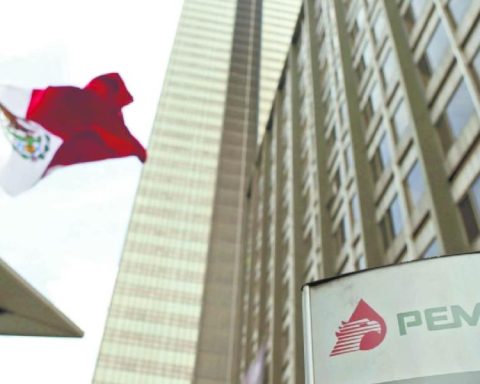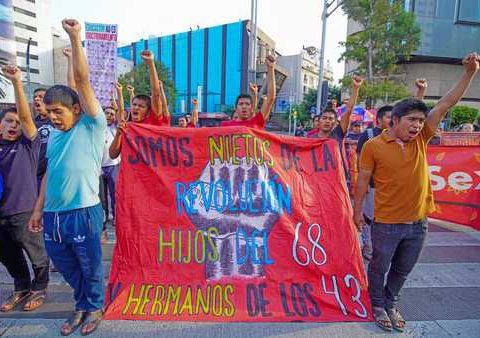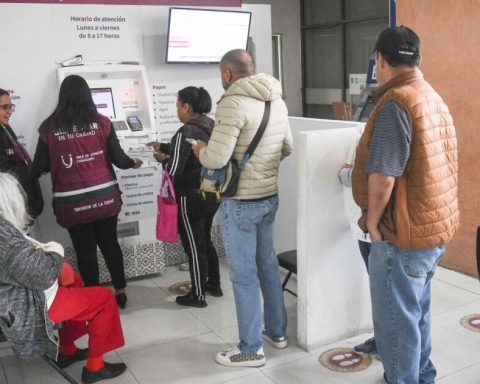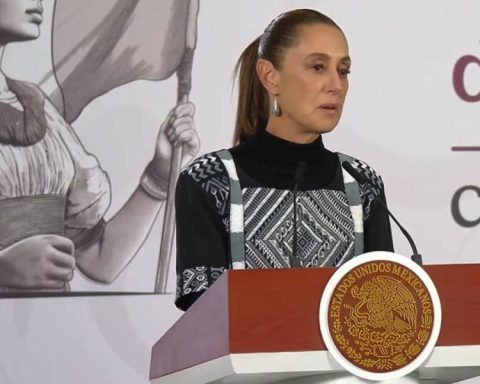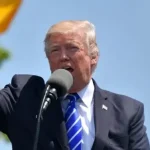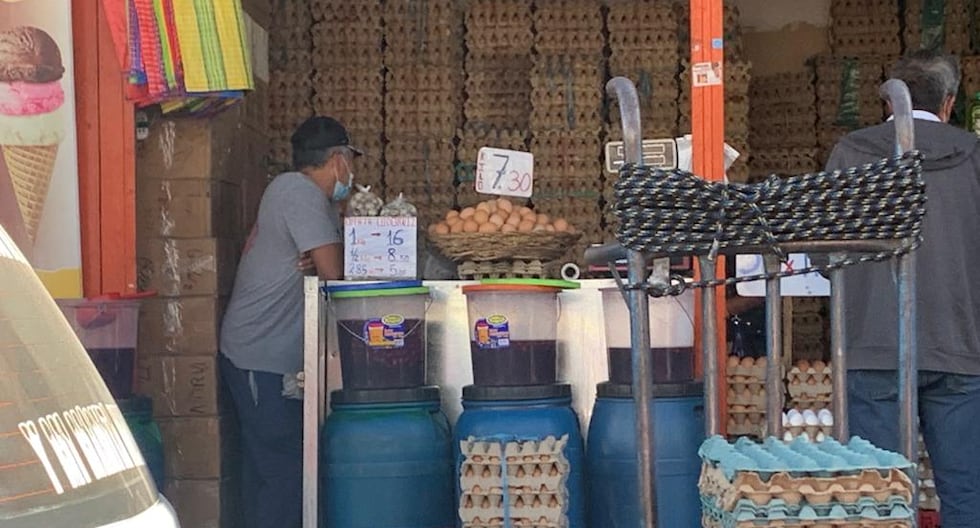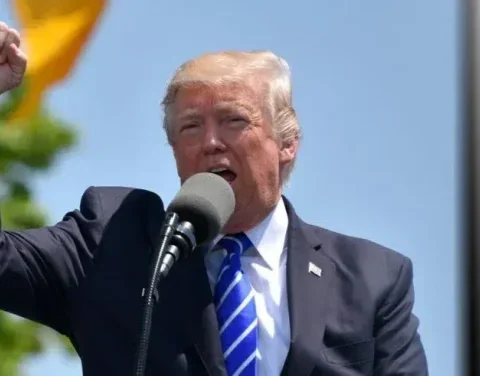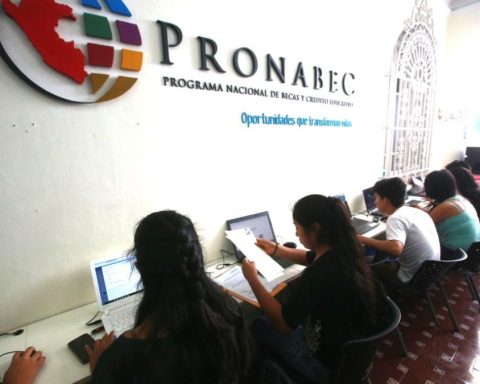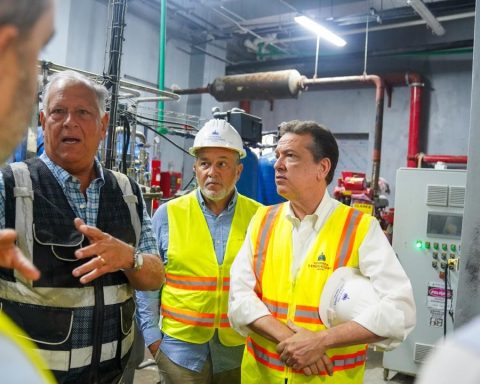Alonso Urrutia and Alma Muñoz
La Jornada Newspaper
Friday, October 11, 2024, p. 3
President Claudia Sheinbaum ruled out having contact with the ministers of the Supreme Court of Justice of the Nation (SCJN) to address the reform of the Judicial Branch of the Federation (PJF).
On the contrary, he questioned his decision to admit the unconstitutionality appeals filed by the parties against the amendment, when they do not have legal personality to do so. The law only grants them the possibility of doing so in electoral matters, so they should not have been admitted.
he stressed.
During the morning, the legal advisor of the Presidency, Ernestina Godoy, maintained that the constitutional contradiction derived from the judicial reform regarding the election of the presidency of the SCJN is corrected with the transitional article that states: all provisions are repealed who oppose this decree. It’s that simple
.
He assured that there is no confusion nor any possibility of giving another interpretation, so the reform is completely valid and it is clear how the president of the Court will be appointed; there is no problem.
In this context, Sheinbaum pointed out that The call is for them to accept that there is already a constitutional reform, that there will be no setback in the election of judges, magistrates and ministers, for one reason: it is the decision of the people of Mexico
.
The express question about a possible rapprochement with the ministers was very clear: I am not going to meet with the Court. The Secretary of the Interior, in any case, has the power to do so with any power or to resolve matters that have to do with the governance of the country.
.
He later elaborated on his reasons for not doing so, among which he mentioned that they admitted the appeals promoted by the PRI and PAN against the judicial reform. He explained that parties can only do so if they make up a group of legislators in one of the chambers that represents at least 33 percent of any of those instances.
The president rejected that the judicial reform is an electoral issue, as was argued for these resources to be accepted, since it is a modification promoted because today the PJF has serious corruption problems. He cited as an example that these days the SCJN admitted an injunction from a businessman who does not want to pay taxes, you already know which one
even though it is a dispute that has been postponed for many years.
Sheinbaum considered that the election of magistrate judges and ministers corresponds to changes in the Judicial Branch, but it is not an electoral matter. From its content, it is established that political parties cannot be involved in this process; This was raised since the government of Andrés Manuel López Obrador, when the constitutional reform initiative was handed over to Congress, he explained.
Furthermore, he criticized that the fulfillment of a constitutional obligation, such as the delivery of the lists of vacancies in the PJF, has been voted and approved in the Judiciary Council by four votes to three.
When asked about the incorporation of an article that opened the possibility that the Executive could veto the candidates selected in the committees, Sheinbaum made his position clear: “it was removed; we did not agree. We spoke with… It had been an initiative, I don’t know who it was from, but no, that should not happen, what is established in the Constitution must be maintained.”
Regarding the correction of the constitutional contradictions regarding the election of the president of the SCJN, Arturo Zaldívar, who held that position, explained that these antinomies (contradictions of law) happen in Mexico and in all countries. He pointed out that there are two ways to resolve them: a legislative form, like the one taken in the constitutional reform, where it is clearly established that all provisions contrary to the reform decree are repealed.
And another, he added, is also an interpretative criterion, assuming that the way of electing the president of the Court must be in accordance with the most recent reform.

